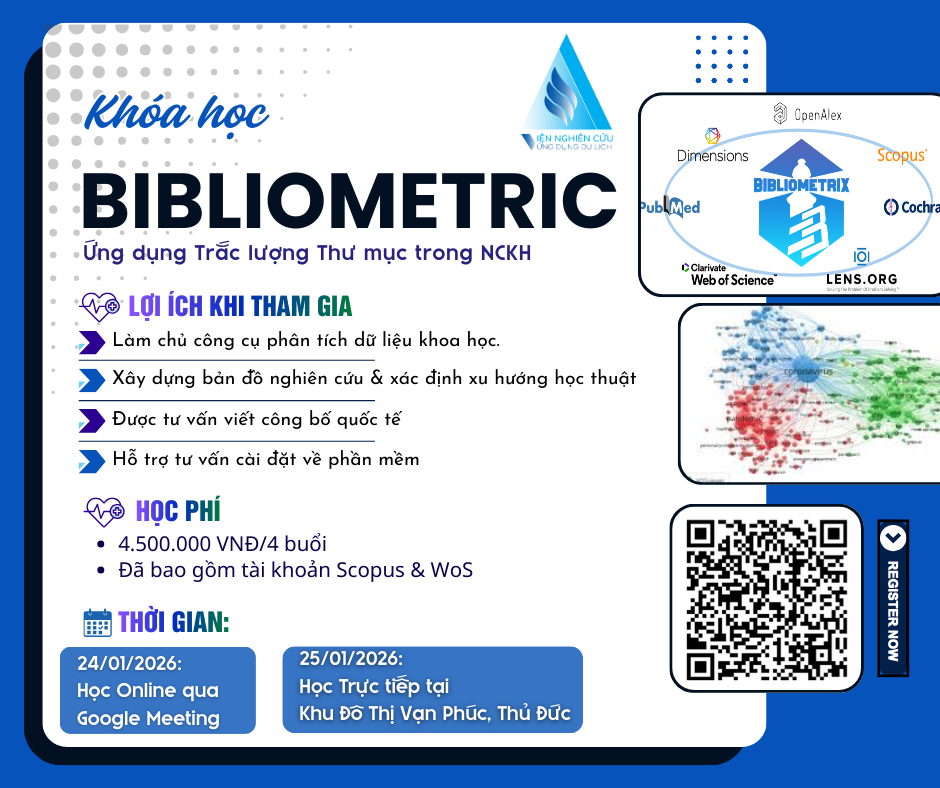This post is also available in:
Tiếng Việt (Vietnamese)
Greek wine boasts a history spanning over 6,500 years, making it one of the oldest winemaking civilizations in the world. In ancient Greek culture, wine was far more than a beverage; it was a symbol of prosperity, intertwined with religious rituals and community life. Dionysus—the god of wine and harvest—stands as a vivid testament to the special place wine holds in the Greek cultural psyche.
Despite its deep-rooted heritage, the majority of Greek wine production in the past was destined for domestic consumption. As a result, Greek wine remained little known in the international market, often referred to as “the best-kept secret” of the Mediterranean.
A Shift in the Context of Globalization
In recent years, the Greek wine industry has undergone a significant transformation, moving from a predominantly domestic orientation toward a global positioning strategy. The Greek Food and Diet Festival 2022 in Hong Kong serves as a prime example. This event not only showcased Greek wines but also acted as a case study in how a traditional wine industry can redefine its image to enter the global marketplace.
This shift has been driven by three main factors:
-
Enhancement of product quality through strict production control and the selection of superior grape varieties.
-
Specialized promotional strategies focusing on wine tourism and gastronomic experiences.
-
Leveraging local identity as a unique and inimitable competitive advantage.
Competitive Advantage – Small in Scale, High in Precision
Unlike large-scale producers such as France, Italy, or Australia, Greece follows a limited-production model, prioritizing quality over quantity. With over 300 indigenous grape varieties—many found nowhere else—Greece offers an exceptionally diverse flavor profile.
Approximately 1,300 wineries operate as boutique producers, crafting small volumes with a high degree of consistency in style and standard. This approach allows each bottle to serve as an “ambassador” of the land and the people behind it.
Northern Greece – A Hub of Quality and Identity
Northern Greece stands out for its diverse terroirs and climates, encompassing subregions such as Northern Thessaly, Epirus, Macedonia, and Thrace. Thessaloniki, the regional capital, has been designated a UNESCO “Creative City of Gastronomy” and serves as the main hub for the area’s wine tourism routes.
Naoussa – The Kingdom of Xinomavro
Situated at the foot of Mount Vermio, Naoussa displays significant variation in elevation, slope, and soil composition. Its cool Mediterranean climate, with harsh winters and mountain breezes at night, preserves the aroma and color of grapes.
-
Xinomavro: A flagship red variety known for its high acidity, firm tannins, and aging potential of 10–20 years. Youthful wines are rich in red fruit aromas, while mature examples reveal depth and refined structure.
-
Negos (Pregna): A rare white variety that interacts well with oak, producing wines with gentle yellow-fruit aromas, a full-bodied palate, balanced acidity, and a long finish.
Amyntaio – The Rosé Capital
Amyntaio is the coldest wine-producing region in Greece, encircled by three mountain ranges and moderated by two lakes. Its sandy, limestone-based soils offer excellent drainage, and some vineyards retain pre-phylloxera vines. It is the only PDO in Greece specializing in 100% rosé production, known for a pure style with fresh red fruit aromas and crisp acidity.
Technology and Innovation – Keys to Quality Elevation
Producers in Northern Greece are combining traditional know-how with modern technology to optimize quality.
-
Alpha Estate (Amyntaio) employs sustainable viticulture, underground drip irrigation, green harvesting to reduce yields, and optical sorting to select the highest-quality grapes.
-
Diamantakos Winery (Naoussa) maintains a limited output of 25,000 bottles annually, focusing on Xinomavro and Negos.
-
Kir-Yianni Winery implements single-block management, hand harvesting, separate fermentations, and underground cellaring at a depth of 9 meters to ensure stable aging conditions.
Challenges and Opportunities
The COVID-19 pandemic restricted in-person promotional activities, forcing the industry to pivot toward online engagement. While climate change poses global concerns, in cooler, high-altitude areas such as Amyntaio, increased diurnal temperature variation has yielded certain benefits for grape ripening.
Opportunities lie in pairing Greek wines with Asian cuisines—particularly Chinese and Hong Kong dishes. Varieties such as Xinomavro, Malagousia, and Assyrtiko complement both savory, full-flavored dishes and sweet-sour preparations. Additionally, Retsina—a traditional white wine infused with pine resin—is undergoing a modern revival using premium varieties, making its profile more appealing to international palates.
Greek wine is in the midst of a strong repositioning phase, building on its heritage while actively targeting the global market. The Hong Kong event illustrates the industry’s commitment to bringing these “hidden treasures” to the world, not through sheer production volume, but by emphasizing authenticity, quality, and the rich narratives embedded in every bottle.









